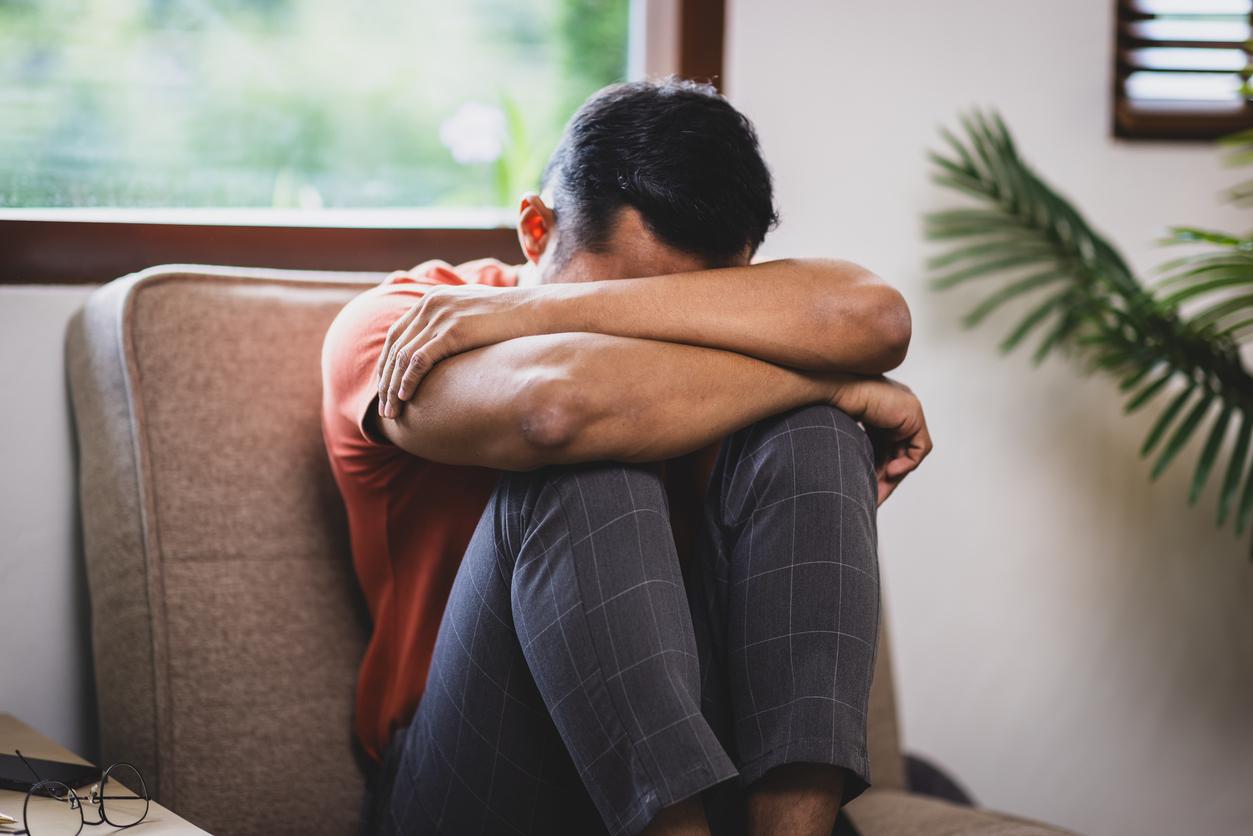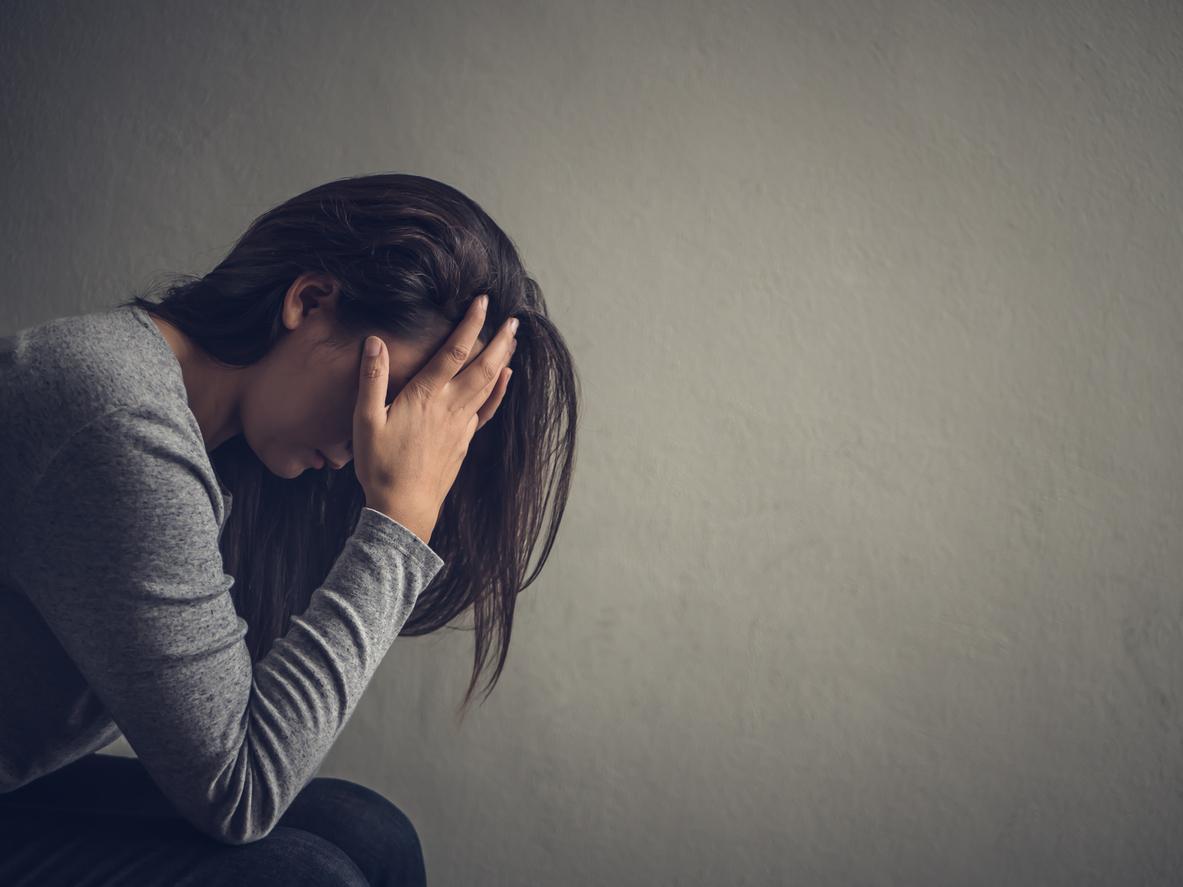In California’s Silicon Valley, some geeks claim that tiny amounts of LSD (a microdose is one-fifteenth of a tablet) sharpen their creativity and boost their thinking. Others say it got them out of their depression. A trial, launched this month with microdosers by the Beckley Foundationand supervised by the Imperial college of London (Great Britain) should make it possible to determine if these assertions are founded or not.
“The aim of the study is to test whether psychedelic microdosing has effects beyond placebo on psychological well-being and cognitive function” explains Balázs Szigeti, head of the “auto-blind” study. Participants will take either what they usually use in a capsule or an identical placebo capsule, not knowing which is which. They will complete quizzes and tests and play cognitive games online. Only at the end of the trial will they learn if they were less anxious and concentrated because of LSD or because they thought they were using LSD.
The capsules’ QR codes saved on their smartphone will reveal what was taken and at what time, at the end of the trial.
“If you go on the internet, hundreds of users are reporting very positive results from microdosing LSD but to my surprise, no studies have been conducted on the subject yet” says Balázs Szigeti. “We can’t and won’t encourage people to take up psychedelic microdosing, but it’s interesting to try to gather slightly more scientific data from people who practice it.”.
Read also :
Alcoholism: an effective LSD treatment?
Cancer: hallucinogens reduce patient anxiety
















